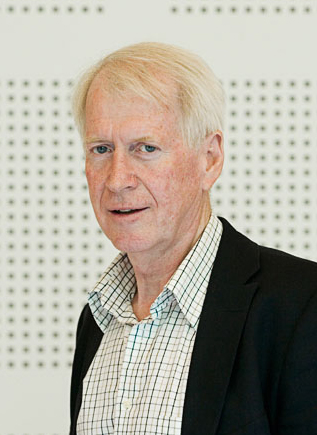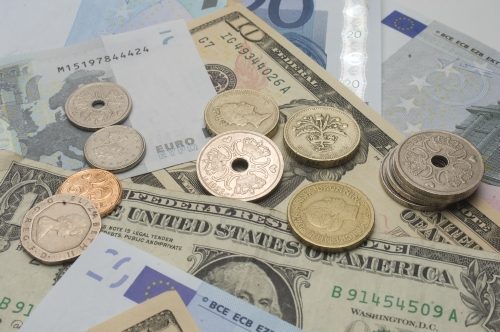Monetary valuation of environmental impact – awarded with leadership congratulations
The leadership of ISO/TC 207/Subcommittee 1 (Environmental management systems) has sent its congratulations to the experts and the secretariat of WG 7 (Monetary valuation of environmental impacts) for the standardization work on Monetary valuation of environmental impacts! Congratulations!
About the standard
During 2015, the Swedish Life Cycle Center working group “get the prices right” through SIS, the Swedish standard Institute, proposed the establishment of an international working group within ISO to develop an international standard, “Monetary valuation of environmental impacts and related environmental aspects — Principles, requirements and guidelines”. The idea was to create a common framework and language, so that monetary values of environmental impacts could be presented and understood with respect to what impacts the values included, whose values it represented and how it was derived. With good help from our international colleagues, the standard draft is now on the DIS level (DIS, draft international standard). From December 13, the standard will be out for voting among ISO TC207/SC1 members. The plan is to finalize the work and publish the standard before the end of 2018.
We asked Bengt Steen, Professor Emeritus at Chalmers and convener for the standard, about the valuables and challenges with this work.

Bengt Steen, Chalmers University of Technology
What are the most valuable outcomes from this work?
“One of the most valuable outcomes from this standardization work is that the standard lays the foundation for databases on monetary values of environmental impacts from emissions and use of natural resources. Another is common for all international standards, in that there will be many experts and ambassadors disseminating the content of the standard over the world. A third and perhaps the most important outcome is that it opens up for integrating economic and environmental concerns.”
What has been the biggest challenge?
“Compared to many other standard groups, our standardization work has run rather smoothly, possibly because it is so expert oriented. However there has been another type of challenge, in that it easily becomes too detailed. But hopefully, as for the LCA standard, databases and software will help in practical environmental management.”
Jimmy Yoler, SIS and secretary for the WG7, also gives his reflection on the group and the congratulations:
Why do you think the work has been recognized with the SC1 leadership congratulations?
“First of all, the working group has been effective in its work of bringing the standard forward within the time frame of the project, appreciated within ISO”, says Yoler. “Another factor is that the working group members have engaged in the standardization development constructively, exchanging their different expertise and reaching consensus.”
He continues: “Finally, it is important to highlight the participation of developing countries in the standardization project. The leadership has been set up in a twinned arrangement; apart from Sweden and SIS acting as convener and secretary, Lebanon has successfully acted as co-convener and Uganda as co-secretary. For instance, the recent meeting in Halifax attracted 22 delegates from 16 different countries, among others, Argentina, Colombia, El Salvador, South Africa and Uganda. In total, these factors have made ISO 14008 a standard with global relevance and standard containing substantial expert knowledge.”



